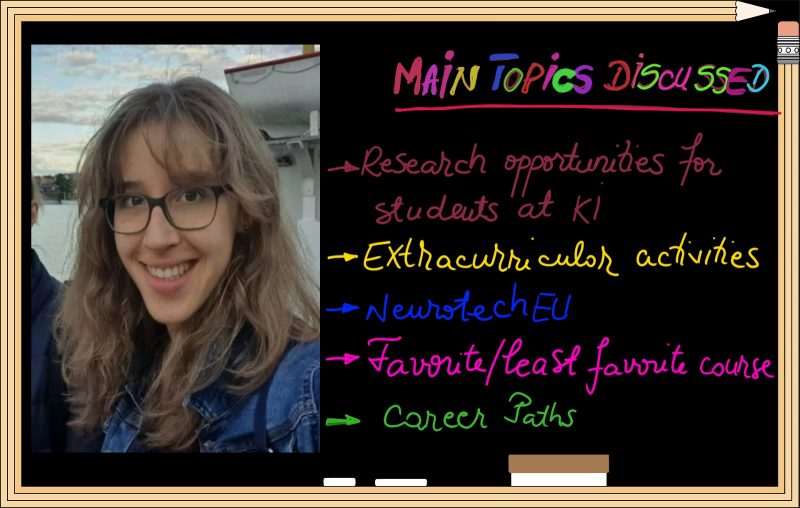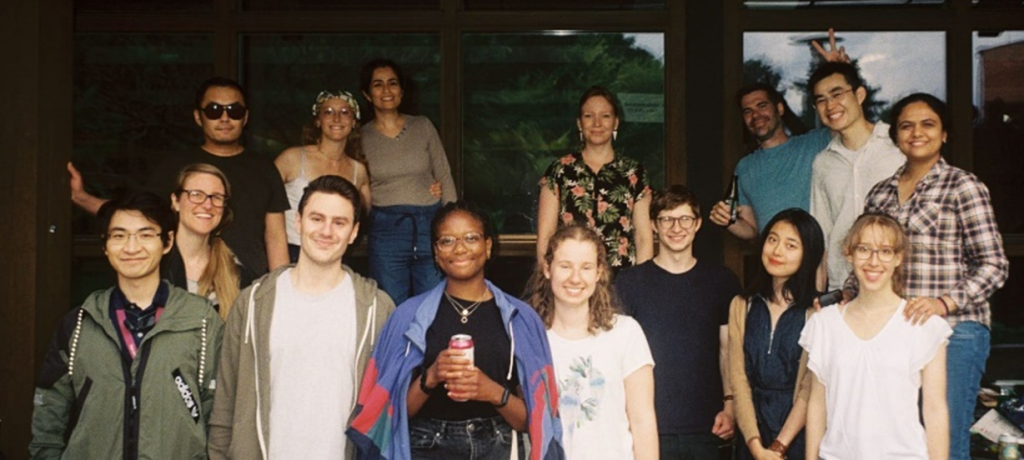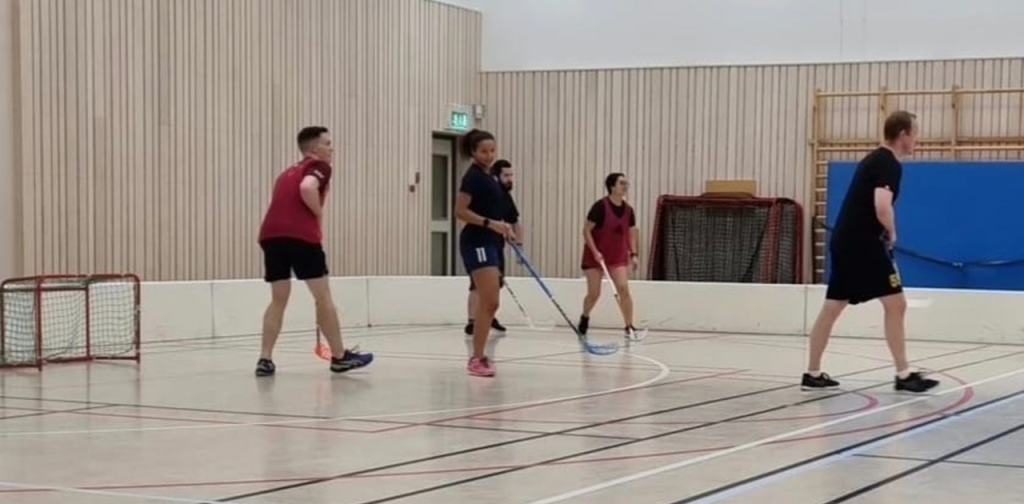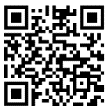
Interview with a 3rd-year student studying in the Bachelor’s Programme in Biomedicine at KI
Hi all!
Today I have a very special surprise for you! Therefore, I would like to introduce you to Muriel Heitsch, a third-year student enrolled in the Bachelor’s Programme in Biomedicine at Karolinska Institutet!
Muriel is not only an extremely talented and dedicated student that KI is incredibly proud of, but she’s also one of my friends and my support systems who has guided me through my journey at KI since the very first days as she was my Kollo buddy!
And I guess you might be wondering what a Kollo buddy is! Well, considering that starting university could represent a major milestone for new undergraduates, some current second-year students join the Kollo Buddy team that aims to ease the transition to university for first-year students.
But now, I’m going to invite Muriel to tell you some fascinating things about her experience at KI!
Vlad: Hi, Muriel! Thank you for accepting my invitation to give us a short interview! First of all, may I ask where you are originally from and why you chose KI?
Muriel: Thank you for inviting me! I am originally from Germany. I chose KI because I was looking for a biomedicine program in English in another country as I really wanted to experience a new culture. And of course, KI is a great university.
Vlad: What was your favorite course and why?
Muriel: Pharmacology and Toxicology was a lot of fun! I would like to contribute to developing new treatments later on in my career and learning about the mechanisms through which different drugs work was extremely interesting. Having said that, the Physiology course was also great!

Vlad: What course did you enjoy the least (you can definitely spill the tea!)?
Muriel: I didn’t enjoy Pathology quite as much, but that may be because the commute to Flemingsberg was a bit annoying and because there were no wet labs. It was also a bit repetitive of the Tissue Biology course. But what courses you enjoy more, or less, really depends on your personal interests!
Vlad: I know that you have contributed to the biomedical research conducted at KI since your first year and I was wondering if you could tell us a little bit about your favorite research topics.
Muriel: In my first year I was in the Molly Stevens group and did research on nerve repair. I thought the real-life applications were extremely interesting. When my supervisor left KI, I continued in the field of neuroscience over the summer in the Peter Swoboda group before starting in the Jan-Bernd Stukenborg group with João Alves Pedro Lopes as my supervisor in October 2022. I have been in the group since, researching in the field of fertility preservation and spermatogenesis. It’s a great research topic because the field will play an ever-increasing role in the future.

Vlad: Was it difficult to get involved in research as an undergrad student while studying?
Muriel: I got quite lucky because I met my first supervisor in my first student accommodation. The initial step is always the hardest, but I would recommend everyone not to give up. It is usually easiest to approach people in person, for example by talking to lecturers or asking people you know who work in a lab. Even if they do not have a place themselves, they might know someone who does! Studenter I Forskning also has a super helpful list of potential supervisors!
Vlad: Could you give us 3 useful tips to help us cope with exam stress?
Muriel: For me it’s sport, sport and sport. But study breaks of all forms are really important for me. Also don’t underestimate the importance of making a study plan.

Vlad: As a member of NeurotechEU at KI, would you like to tell us what is the purpose of this project and what is the best part of being a member of this team?
Muriel: NeurotechEU, or the European University for Brain and Technology, is an alliance of 9 universities throughout Europe that aims to increase the competitiveness of European education and research in the field of neurotechnology. The goal is to create a graduate school offering joint courses on a PhD, Master’s and Bachelor’s level.
Although we are not there yet, there are already several opportunities for students and researchers at the different partner universities, such as autumn and summer schools as well as funded internships. Coming events are released on our website (theneurotech.eu) and on our social media channels (@theneurotecheu), so make sure to stay up to date!
The best parts have definitely been meeting so many other students from universities all over Europe and being able to help establish a graduate school. I feel like I can have a significant impact on how future programs, courses, and other possibilities like mobilities offered by NeurotechEU will be designed, which is quite an amazing opportunity.
If you’re thinking about getting more involved, joining the NeurotechEU student group at KI or would like to receive updates on coming events more directly, make sure to join our KI WhatsApp group (see QR code).

Vlad: 3 (life) lessons that KI taught you
Muriel: The major one is to just try things out. 99% of the time you will meet amazing people who will want to help you and who will become great friends. The other two are to consistently push yourself out of your comfort zone and to never lose sight of what you would like to achieve.
Vlad: Last but not least, what are you looking forward to in your future career after graduation?
Muriel: I would like to contribute to developing therapies for a variety of diseases. Regardless of where I end up, I’m looking forward to meeting new people from all over the world who are equally passionate about making new drugs available to all.
Vlad: Thank you so much Muriel and best of luck in your future endeavors!

Vlad – Biomedicine (BSc)
I'm Vlad, your Romanian blogger who comes from the very homeland of Dracula, Transylvania. While completing my first degree in International Business, I based my undergraduate thesis on the inconsistency of biological analogies in Economics. I began to study the genomes of ants and thus gravitate towards Biomedicine and KI. I chose Karolinska because of its academic and research excellence and because one day I wish to be able to make a difference in the field of Cancer Genetics. Visiting the remarkable collection of preserved medieval manuscripts from the Kungliga Biblioteket is on my bucket list.

0 comments